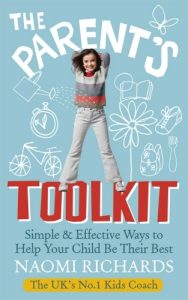
Children, if they are lucky, attract the friends that they want or need. Sometimes they don’t and those friendships can be unhealthy or toxic. Those are the ones to escape from. The friendships that are working are amazing. The ones when you all respect and trust each other, you have lots in common and just make each other laugh and have fun. I love those ones.
However, there are also friendships which are great but one of the friends is badly behaved. What does your child do when they love to be around that person, and they are a part of the group, but that person gets into trouble and potentially gets your child into trouble too?
Remaining Friends With A Badly Behaved Child
I believe they can still be friends but your child needs to learn that it is not their responsibility to keep their friend out of trouble. They can advise them about the consequences of their actions in a nice, kind way and try and get through to them that it is not a good idea to do something. They can also try and understand why they are getting into trouble and maybe help them move away from trouble if they are provoked by another person. They could even have a code word between them and your child so they both walk away together.
But, that’s all they can do. It is down to the other child to make good decisions. My suggestion would be that your child can still spend time with them inside and outside of school but they leave the situation when trouble starts to brew. They walk away and find other friends.
It’s really hard when your child has a history with a child who gets involved in fights and doesn’t follow the school rules. So long as they treat your child well and respect them and their values there is no reason for them to walk out of that friendship. They could always see that friend outside of school. What do you think?
 If your child finds friendships tricky then please get in touch with me and we can do a couple of sessions so they have the strategies they need. Alternatively, The Parent’s Toolkit could really help.
If your child finds friendships tricky then please get in touch with me and we can do a couple of sessions so they have the strategies they need. Alternatively, The Parent’s Toolkit could really help.
